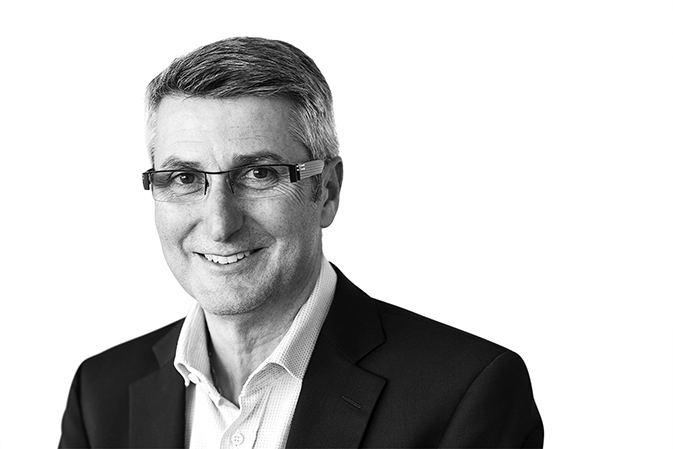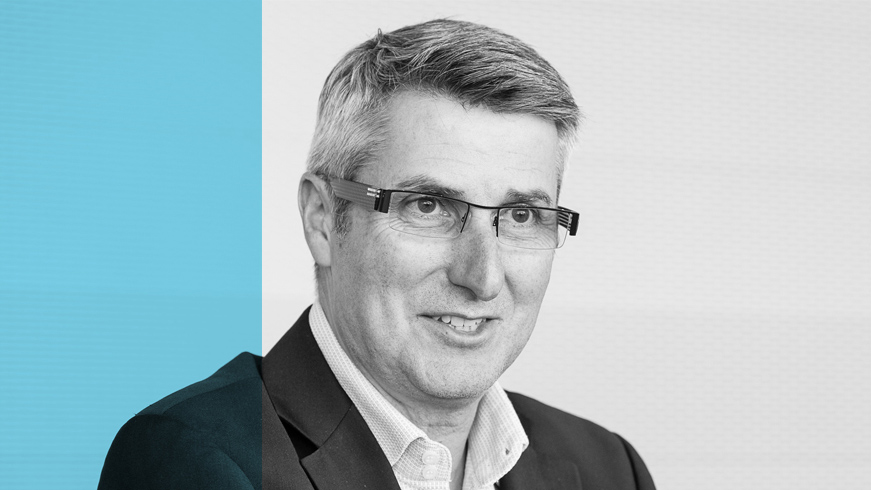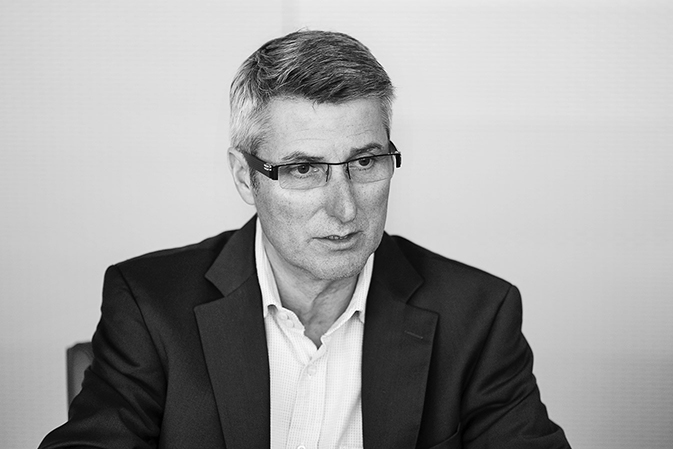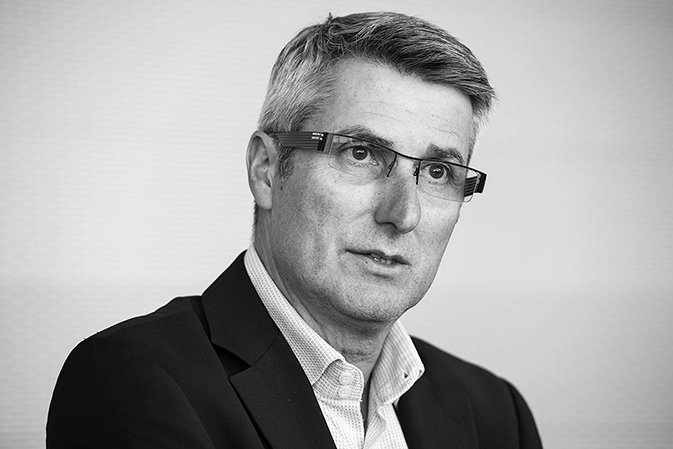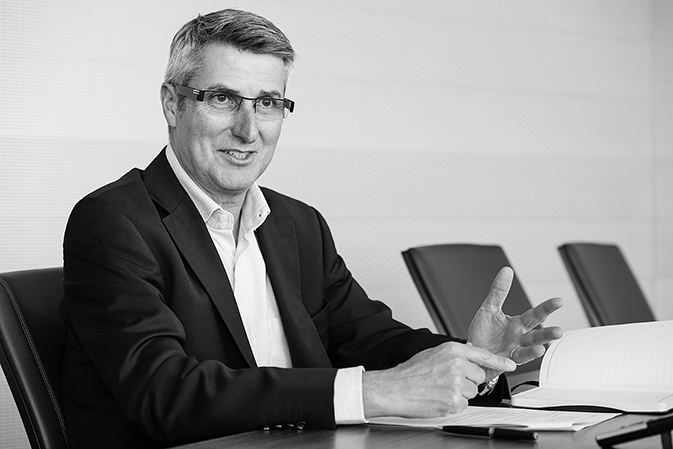echo-Interview mit Marcel Borgo, Managing Director HP Schweiz
elipsLife echo: Herr Borgo, mit über 330 000 Mitarbeitenden in rund 170 Ländern gehört HP zu den umsatzstärksten IT-Firmen weltweit. Das Unternehmen gilt als ausserordentlich guter Arbeitgeber, wie unzählige Awards belegen. Trifft das auch für die Schweiz zu?
Marcel Borgo: Absolut. Wir haben als Arbeitgeber in der Schweiz soeben den Top Employer Award erhalten. Diese Auszeichnung von neutraler Stelle zeigt, dass wir die verschiedenen Kriterien erfüllen und als Schweizer Arbeitgeber einen guten Job machen. Hervorheben möchte ich besonders auch unsere für IT-Firmen ausserordentlich tiefe Fluktuationsrate, die bei 4,6 % liegt, während in unserer Branche Fluktuationsraten über 10 % die Regel sind. Darauf sind wir sehr stolz. Zudem gelingt es uns immer wieder, Abgänge durch interne Kandidaten zu ersetzen. Für uns ist das Talent-Management sehr wichtig. Wir gehören in der Schweiz zu denjenigen IT-Firmen, die viele Lehrlinge ausbilden. Ausserdem bieten wir Praktika und Einstiegsmöglichkeiten für Hochschulabgänger an.
Hat die Motivation Ihrer Arbeitnehmerinnen und Arbeitnehmer messbare Auswirkungen, zum Beispiel in der Anzahl und Dauer von Absenzen?
Die Zufriedenheit unserer Mitarbeitenden messen wir jedes Jahr systematisch anhand einer weltweiten Befragung, die wir Voice of the Workforce nennen. Dabei haben wir letztes Jahr festgestellt, dass die Zufriedenheit massiv gestiegen ist – und das schlägt sich natürlich auch in der Leistungsbereitschaft nieder. Ich will jetzt aber nicht das Blaue vom Himmel erzählen, denn auch wir haben Mitarbeitende, die krank werden oder ein Burn-out erleiden. Davon sind heute alle Firmen betroffen. Wichtig ist aber, wie wir mit den Betroffenen umgehen. Unsere HR-Abteilung ist in diesem Bereich vorbildlich und kümmert sich intensiv um Betroffene. Ein anderes Beispiel: Dieses Jahr haben wir ein Programm lanciert, mit dem wir unseren Mitarbeitenden die Gelegenheit bieten, ihren Gesundheitszustand abzuklären. Wer will, kann anschliessend eine Gesundheitsberatung in Anspruch nehmen. Die Teilnahme ist freiwillig und anonym. Eines ist klar, ein Mitarbeiter, der krankheitshalber ausfällt, kommt die Firma viel teurer zu stehen als die Durchführung von Gesundheitschecks und einer Gesundheitsberatung.
